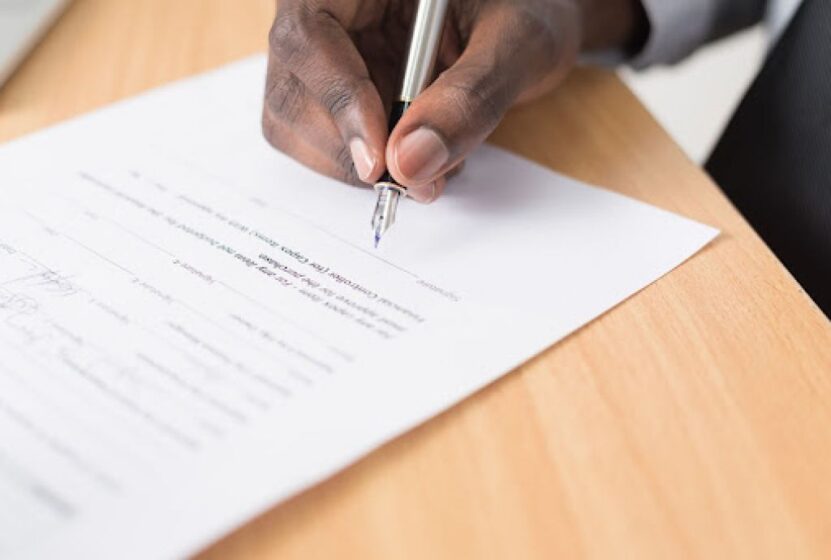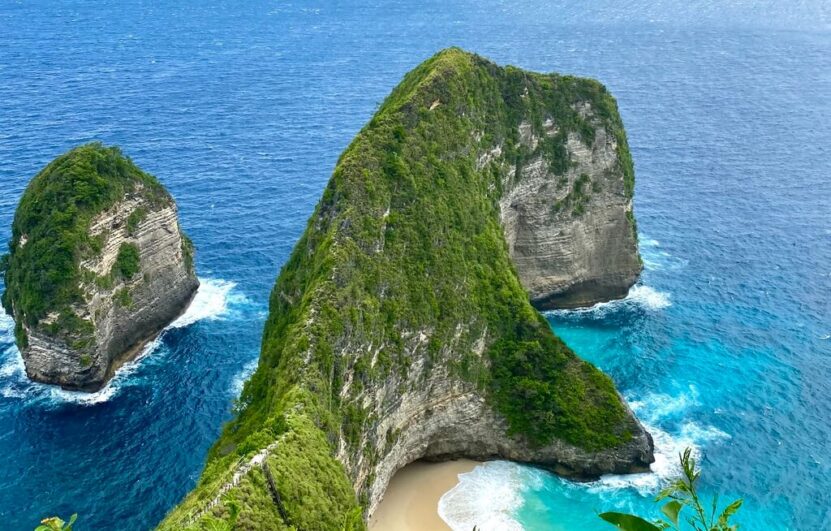Nusa Penida has become an increasingly attractive option for real estate investment. Located just off the coast of Bali, the island has drawn attention with its stunning landscapes, tranquil beaches, and investment opportunities. However, purchasing land here requires a careful look at the regulations. Foreign buyers need to be aware of specific rules and policies that govern property ownership on the island. Ignoring these could lead to legal complications.
Key Points:
- Foreigners cannot own freehold land in Indonesia.
- Leasehold agreements are common for foreign buyers.
- Companies can be used to secure property rights.
- Conversion of agricultural land requires special permits.
- Due diligence is necessary before any transaction.
Restrictions on Foreign Ownership

Indonesia has strict laws that prohibit foreigners from owning land under a freehold title. This rule applies to Nusa Penida as well. In order to invest, foreigners must seek alternatives. One common approach involves leasehold agreements. This option allows non-Indonesians to lease property for a period ranging from 25 to 80 years. Leasehold provides an opportunity for those who want to invest in Nusa Penida without violating legal boundaries.
Another option is to set up a Penanaman Modal Asing (PMA) company. A PMA allows a foreign investor to lease property for commercial purposes through a company structure. In essence, this option provides a way to control land indirectly by using a legal entity to hold the rights to the property. PMA companies must meet certain regulations and business requirements.
Investors should understand the importance of researching all options before making any decisions.
Leasehold and Freehold Differences
Understanding the difference between leasehold and freehold is essential for buyers. Freehold, known as “Hak Milik,” gives full ownership of the land to Indonesian citizens. Foreigners do not have access to this type of ownership under Indonesian law. On the other hand, leasehold provides the right to use the land for a fixed period without actual ownership.
Many properties available on the island offer leasehold agreements tailored to foreign investors. This solution works well for buyers seeking to invest in real estate on the island while complying with local laws. Leasehold terms can be renegotiated, providing flexibility for investors.
You can explore available land options for Nusa Penida land for sale on PenidaLand which offers ready-to-build properties at competitive prices.
Setting up a PMA for Property Acquisition

A popular route for foreign buyers is to set up a PMA company. By doing this, investors can lease land for business ventures. However, several legal requirements apply to this process. First, the PMA must be established in line with Indonesian law, and business activities must be registered. Additionally, any changes in land use must comply with zoning regulations. A PMA offers control over the land through the business, but investors should consult a legal expert before proceeding.
Foreign buyers can use this method to invest in villas, resorts, and other commercial properties. The growth of tourism on Nusa Penida means that businesses like hotels, beach clubs, and restaurants are lucrative investments. A PMA allows investors to tap into the growing market while staying within legal boundaries.
Agricultural Land Conversion
In Nusa Penida, much of the available property falls under agricultural zoning. Foreign investors need to convert agricultural land to non-agricultural use if they intend to build resorts or villas. Converting land involves applying for a change in land classification, which must be approved by local authorities. The process can take time, and investors must meet certain requirements.
Understanding land conversion is important, as building on agricultural land without the proper permits can lead to penalties or legal complications. Ensure that the property you are looking to purchase has the correct permits before proceeding.
Zoning and Environmental Regulations
Nusa Penida has zoning laws that regulate what can be built and where. These rules serve to protect the island’s natural resources and ensure sustainable development. Properties located in protected zones or areas designated for conservation may have restrictions on construction. Additionally, beachside properties may be subject to environmental regulations aimed at preserving the shoreline.
Environmental laws also affect business activities like water sports, diving centers, and beach resorts. Buyers need to be aware of these regulations to avoid issues after purchasing land.
Due Diligence Before Purchasing
Before entering into any agreement, conducting thorough due diligence is critical. Research the property’s ownership history, confirm its legal status, and ensure there are no disputes over the land. Hire a trusted notary and legal advisor to help verify all necessary documents. The seller should provide proof of ownership, a certificate of the land, and any other documents that may be required.
Buyers should also confirm that the property is not subject to any ongoing legal disputes. Any issues in the ownership chain can complicate transactions. Proper due diligence can help avoid unnecessary risks.
Property Tax and Transfer Costs

When purchasing land in Nusa Penida, buyers must be prepared for tax and transfer costs. These can vary depending on the location and type of property. Buyers are responsible for paying transfer taxes, which can range between 5% and 10% of the property’s value. Additionally, annual property taxes will apply, based on the value of the land.
Be sure to budget for these expenses to avoid unexpected costs after the purchase. Buyers must also account for the fees associated with setting up a PMA or obtaining the necessary permits for land conversion.
Legal Support and Notary Involvement

Given the complexities of buying land in Nusa Penida, it is crucial to have legal support throughout the process. Notaries in Indonesia play a key role in ensuring that land transactions are conducted according to the law. They draft contracts, verify ownership, and handle the official transfer of property. Buyers should always work with a reputable notary to ensure all documents are valid and complete.
Hiring a lawyer with experience in Indonesian real estate law is another smart move. A lawyer can help navigate the intricacies of the legal system and avoid potential pitfalls.
Conclusion
Investing in property on Nusa Penida can be a profitable venture, but it requires a clear understanding of the regulations. Foreign buyers must navigate restrictions on ownership, explore leasehold agreements, and consider setting up a PMA. Zoning and environmental laws must also be considered before any project can move forward. Thorough due diligence, legal advice, and understanding the costs involved will help ensure a smooth process.
Make sure you are fully informed before making a decision. The right approach can open the door to exciting business opportunities on the island.

